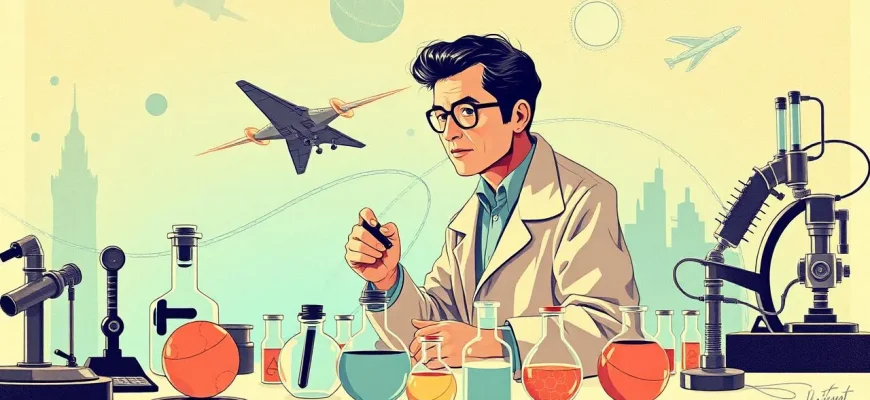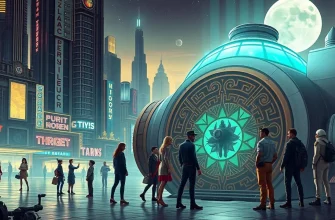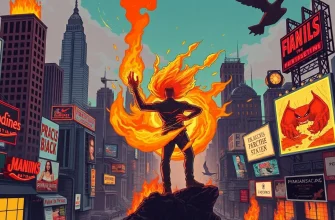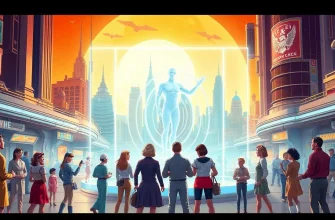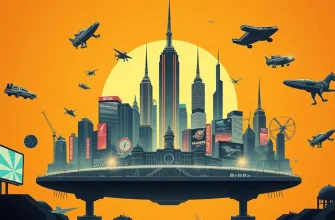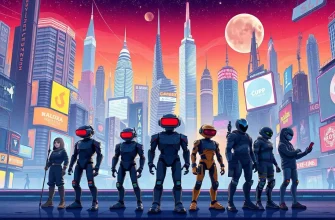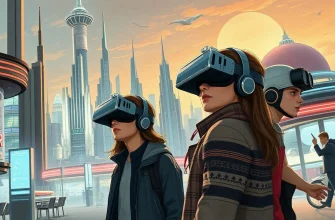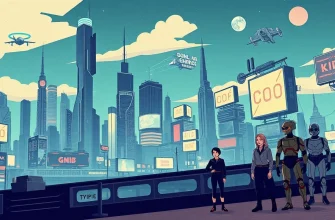Bioengineering in cinema has always been a fascinating theme, offering a glimpse into the potential future of science and ethics. This curated list of 10 films delves into the realm of genetic manipulation, synthetic life, and the moral dilemmas that come with playing God. Whether you're a fan of thought-provoking narratives or just love a good sci-fi adventure, these films will challenge your perceptions and entertain you with their imaginative takes on bioengineering.
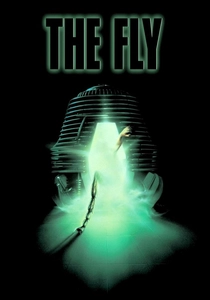
The Fly (1986)
Description: A scientist's experiment with teleportation goes awry, fusing his DNA with that of a fly. This horror classic examines the grotesque possibilities of genetic splicing.
Fact: The film's special effects, particularly the transformation scenes, were revolutionary for their time. Also, it was based on a short story by George Langelaan.
 Watch Now
Watch Now

Jurassic Park (1993)
Description: Scientists resurrect dinosaurs through genetic engineering, leading to catastrophic results. This iconic film explores the dangers of unchecked scientific ambition and the ethics of reviving extinct species.
Fact: The film's special effects were groundbreaking at the time, winning an Academy Award for Best Visual Effects. Also, the idea was inspired by a real-life experiment to extract DNA from amber-preserved insects.
 Watch Now
Watch Now

Gattaca (1997)
Description: In a future where genetic engineering determines one's social status, Vincent Freeman, a naturally conceived man, aspires to travel to space. This film explores the ethical implications of genetic discrimination and the human spirit's resilience.
Fact: The film's title is based on the four nitrogenous bases of DNA: guanine, adenine, thymine, and cytosine. Also, the film was shot in a very minimalist style to reflect the cold, clinical world of genetic engineering.
 Watch Now
Watch Now
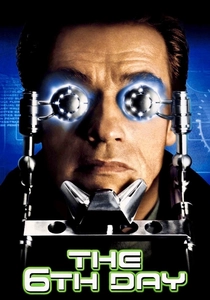
The 6th Day (2000)
Description: In a future where human cloning is banned, Adam Gibson discovers he's been illegally cloned. This action-packed film tackles the moral and legal issues surrounding cloning.
Fact: Arnold Schwarzenegger, who plays Adam, was chosen for his iconic status in sci-fi films. Also, the film's title refers to the biblical creation story, where God rested on the seventh day.
 Watch Now
Watch Now

The Island (2005)
Description: In a seemingly utopian facility, clones are raised to serve as organ donors for their human counterparts. This film tackles themes of identity, freedom, and the ethics of cloning.
Fact: The film was originally conceived as a more serious drama but was transformed into a high-concept action thriller. Also, it was one of the first films to use extensive CGI for creating the futuristic setting.
 Watch Now
Watch Now
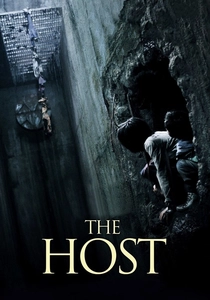
The Host (2006)
Description: A creature created by pollution and genetic mutation terrorizes Seoul, leading to a family's desperate attempt to save their daughter. This film combines bioengineering with environmental themes.
Fact: The film was inspired by a real-life incident where a U.S. military mortician ordered toxic chemicals to be dumped into the Han River. Also, the creature was designed by the same artist who worked on "The Abyss."
 Watch Now
Watch Now

Ex Machina (2014)
Description: A programmer is invited by his CEO to administer the Turing test to an intelligent humanoid robot. This film delves into artificial intelligence, consciousness, and the ethics of creating sentient beings.
Fact: The film was shot in a single location, a house in Norway, to create an isolated, controlled environment. Also, the name "Ava" was chosen for the robot because it's palindromic, symbolizing her dual nature.
 Watch Now
Watch Now

Never Let Me Go (2010)
Description: Set in a dystopian world where human clones are bred for organ donation, this film explores themes of love, identity, and the ethics of human cloning.
Fact: The film is based on Kazuo Ishiguro's novel of the same name. Also, the setting was inspired by the author's own experiences at a British boarding school.
 Watch Now
Watch Now
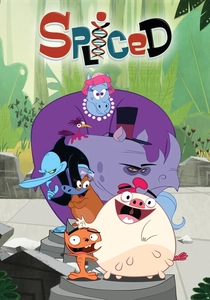
Splice (2009)
Description: Clive and Elsa, two genetic engineers, create a new organism by splicing human DNA with animal DNA, leading to unforeseen consequences. This film delves into the hubris of scientists and the ethical boundaries of bioengineering.
Fact: The creature, Dren, was designed by the same artist who created the aliens in "Alien: Resurrection." Also, the film was inspired by real-life genetic engineering experiments.
 Watch Now
Watch Now

Okja (2017)
Description: A young girl named Mija sets out to rescue her genetically modified super-pig, Okja, from a multinational corporation. This film addresses bioengineering in the context of food production and corporate greed.
Fact: The film was shot in South Korea, with a mix of English and Korean dialogue. Also, the pig, Okja, was created using a combination of animatronics and CGI.
 30 Days Free
30 Days Free

